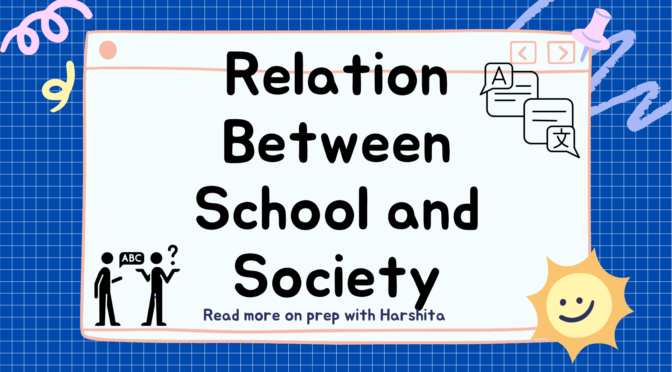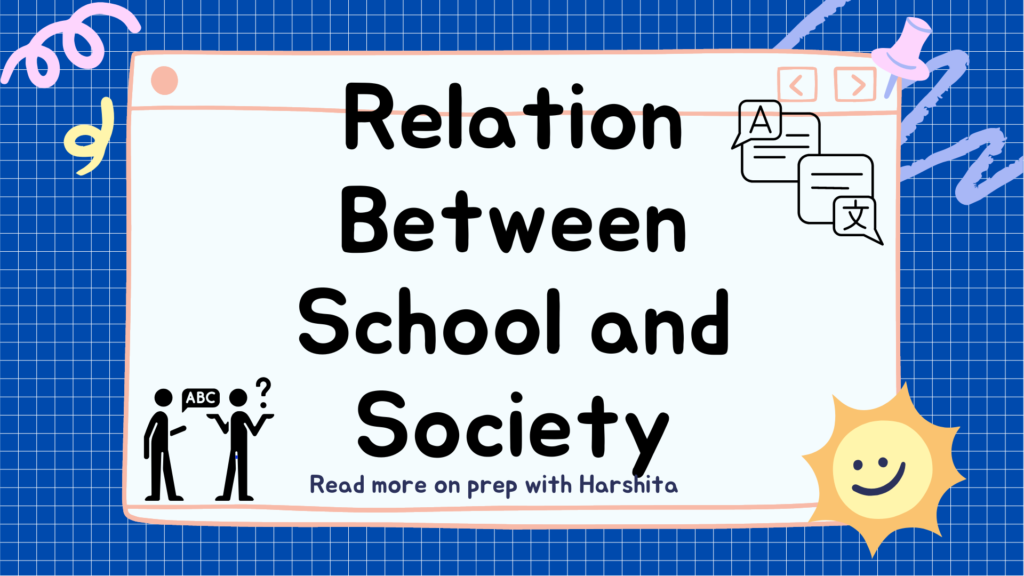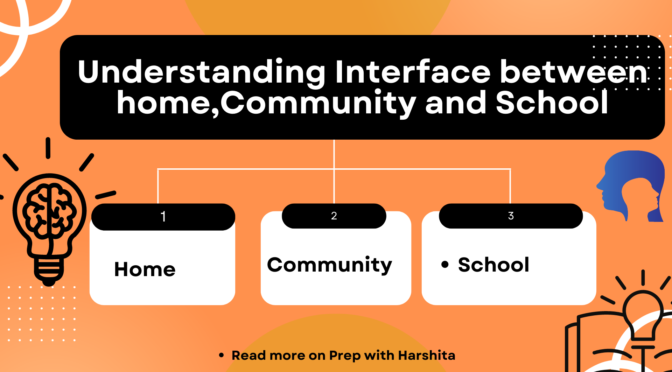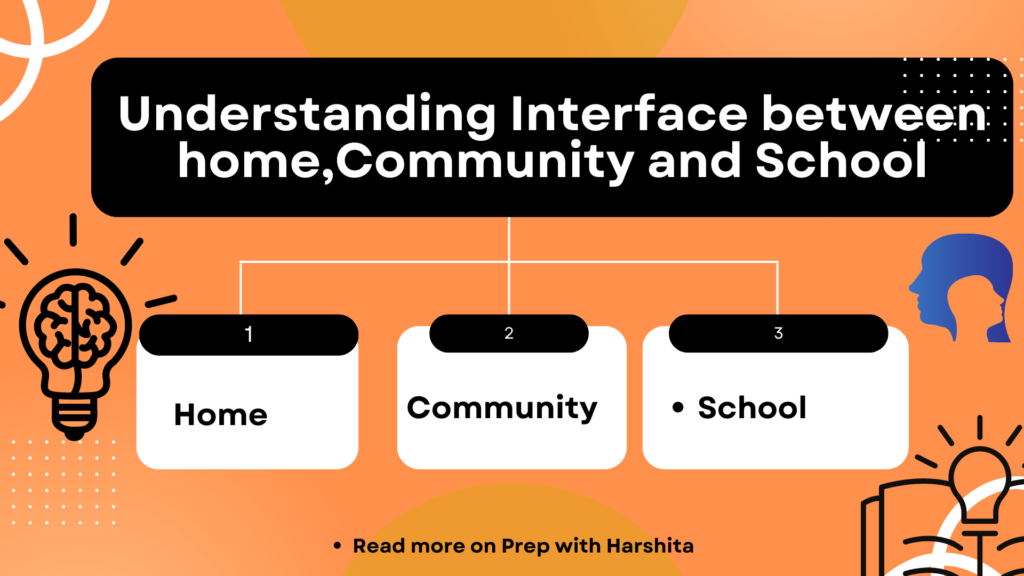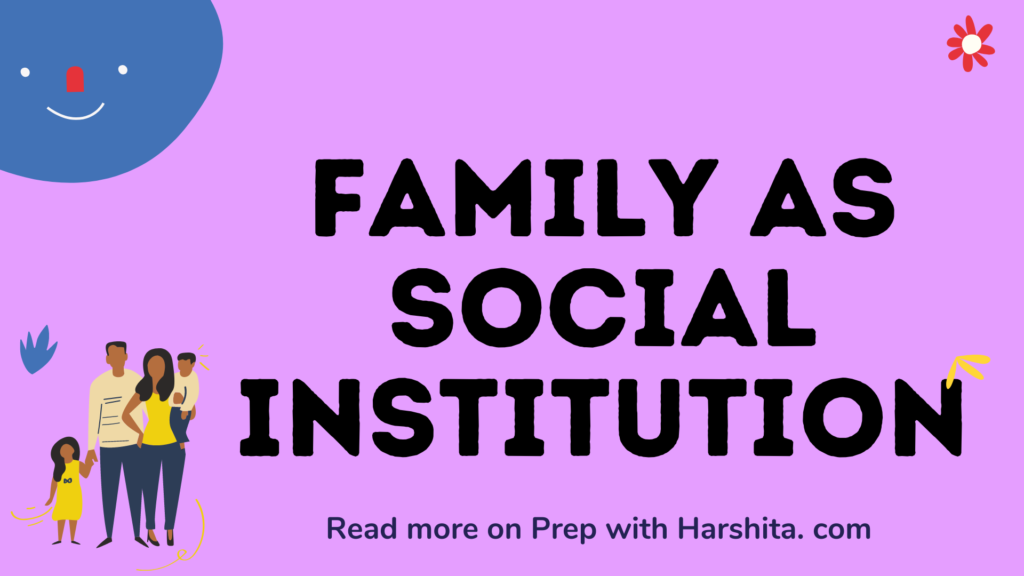The role of schooling in developing national secular and humanistic values is significant and multifaceted. Education systems play a crucial role in shaping the values and beliefs of individuals, and by extension, the values of a nation.
When it comes to fostering secularism and humanism, schools can contribute in several ways:
- Promoting critical thinking: Schools can encourage students to think critically and independently about religious and philosophical ideas. By providing a well-rounded education that includes subjects like social sciences, humanities, and philosophy, students can develop the skills to question, analyze, and evaluate different belief systems, including religious ones. This helps foster a spirit of inquiry and rationality, which are essential components of secular and humanistic thinking.
- Teaching religious literacy: A secular education system should ensure that students have a solid understanding of different religious traditions, beliefs, and practices. By teaching religious literacy, schools can help students develop respect, empathy, and tolerance towards people with diverse religious backgrounds. This understanding can counteract prejudice, stereotyping, and discrimination, promoting a more inclusive and harmonious society.
- Providing a neutral space: Schools should strive to create an environment that is neutral and inclusive, respecting the diverse beliefs and backgrounds of students. In secular education systems, religious indoctrination or favoritism should be avoided. Instead, schools should provide a safe space where students can freely express their thoughts, explore different worldviews, and engage in open discussions about ethics, morality, and values.
- Human rights education: Schools can play a crucial role in promoting human rights education, which is integral to humanistic values. By teaching students about the Universal Declaration of Human Rights and other relevant international instruments, schools can instill a sense of social justice, equality, and respect for the dignity of all individuals. Human rights education can help students understand the importance of fairness, empathy, and compassion, forming the basis of a humanistic outlook.
- Ethical education: Schools can incorporate ethics education into their curriculum to help students develop moral reasoning and ethical decision-making skills. This education should focus on teaching universal ethical principles such as empathy, integrity, responsibility, and respect for others. By fostering ethical awareness, schools can contribute to the development of a humanistic and secular society that upholds values that are not dependent on religious dogma.
- Civic education: Schools should emphasize civic education, which includes teaching students about democratic values, citizenship, and civic responsibilities. This education can encourage students to actively participate in public life, engage in critical discussions about social issues, and contribute to the well-being of their communities. Civic education promotes a sense of civic duty, social cohesion, and the principles of secular governance.
It is important to note that the role of schooling in developing national secular and humanistic values should respect the rights and freedoms of individuals to hold and practice their religious beliefs. Secularism does not mean hostility towards religion, but rather the separation of religious institutions and state affairs, ensuring equal treatment and opportunities for individuals of all faiths or none.
Also Read : Understanding interface between Home, School and Community

Also Visit : Prep with Harshita


